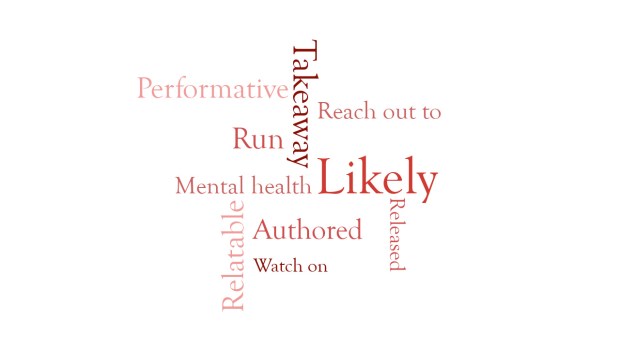The newspapers came out on Christmas Day in the middle of the 19th century and listed in columns of small type all the pantomimes for the next day. Among them in 1856 was Paul Pry on Horseback, or, Harlequin and the Magic Horse-shoe, a ‘grand comic equestrian pantomime’. For it was at Astley’s, which presented all its entertainments on horseback.
Already a subscriber? Log in
Subscribe for just $2 a week
Try a month of The Spectator Australia absolutely free and without commitment. Not only that but – if you choose to continue – you’ll pay just $2 a week for your first year.
- Unlimited access to spectator.com.au and app
- The weekly edition on the Spectator Australia app
- Spectator podcasts and newsletters
- Full access to spectator.co.uk
Or
Unlock this article
You might disagree with half of it, but you’ll enjoy reading all of it. Try your first month for free, then just $2 a week for the remainder of your first year.















Comments
Don't miss out
Join the conversation with other Spectator Australia readers. Subscribe to leave a comment.
SUBSCRIBEAlready a subscriber? Log in